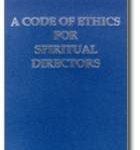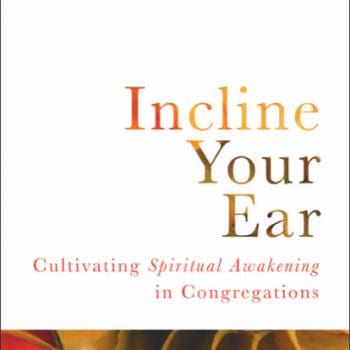 When you enter a spiritual direction relationship you are entering a world in which there is a specific culture and ethics but no actual overseeing body that can guarantee your rights.
When you enter a spiritual direction relationship you are entering a world in which there is a specific culture and ethics but no actual overseeing body that can guarantee your rights.
So, like much else in life it is a case of “let the buyer beware.”
Most spiritual directors are kind, loving and highly ethical people. But there have been cases of abuse by spiritual directors. So what can you rightly expect in spiritual direction? What do the highest ethics in a director get you?
You have a right to expect:
- You will be listened to. This is your basic right and you should run from any director that does not uphold it. When you enter direction, it is to share what is on your heart. You have a right to be heard. It is the director’s job to listen. When I teach directors, I tell them not to interrupt a directee. (Sometimes I get push-back on this!) Directees have a story to tell and even if that story seems twisty, boring or convoluted, if you just wait a little while you may see the point. So as a directee, you have a right not to be interrupted.
- Your sessions will be confidential. That material you share with the director will not come back to you via a third party! Confidentiality also demands that your sessions be private (no one will pop in to chat with the director while you are in session nor will he or she take phone calls during the session).
- You will be respected. Your beliefs, your lifestyle, your sexual orientation, your choices all should be respected even if the director is quite different from you. Remember, direction is about YOU, not the director.
- You will be given personal space. You should have your own seat and space to feel comfortable in. The director should never attempt to invade your personal space without your consent. As far as physical touch goes, the director may shake your hand or place a hand on or near your elbow but should not hug you without you asking for a hug. (I know this one upsets a lot of directors but I don’t care—too many directors carelessly give out hugs thinking directees need them when in fact it should be up to the directee when and if they engage in a hug.)
- You will be free to continue or end the relationship according to your needs. Spiritual direction needs to work for you, within the confines of your life. Maybe you need it every 3 weeks during a difficult period but only need it every 2 months otherwise. Or perhaps you find you need something different and it’s time to end spiritual direction. You have a right to do that without having to explain too much about it (unless you want to).
- Clean boundaries. By that I mean your spiritual director will not become a personal friend, will not go into business with you or take on any other significant role in your life. He or she will definitely not ever engage in a romantic or sexual relationship with you. This one area is where most of the abuse by spiritual directors occurs. By all means if you think your director is violating boundaries the first thing to do is talk about it with him or her. If that doesn’t make it stop, get out of the relationship immediately. And if they are connected to a religious organization (for example if they are an ordained person), contact their governing body. While spiritual directors have no overseeing body to investigate these things, churches and denominations do have strict oversight of ordained persons so you may have more avenues of recourse than you imagine.
For more about spiritual direction as I practice it, check out my website. If you have questions or comments about the content of Spiritual Direction 101, please let me hear from you in the reply section below.












